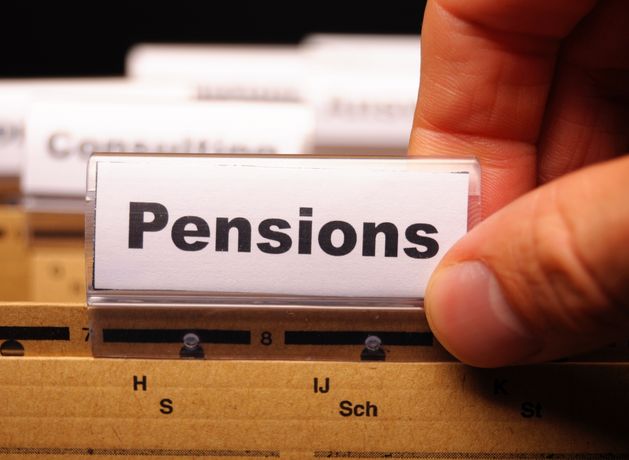One of the most farcical and unsatisfactory aspects of this is that AVC providers are being allowed into workplaces to give presentations and are failing to mention the supplementary pension at all or if they do mention it they are are interpreting the "through no fault" clause to suit their own interest. In effect, they are downplaying people's pensions entitlements and pushing them towards AVCs instead. Obviously, it's not in their remit to give impartial advice on pensions as they are a vested interest but people don't seem to be aware of this. I haven't come any impartial advice being offered to counterbalance this.
Most Class A (and Class D) people that I have spoken to were completely unaware of the existence of the supplementary pension - let alone being aware of the details such as not being allowed to work while claiming it.
Most senior HR and payroll people and most union officials are Class D and don't care about this issue. Anyone recruited from the private sector into a senior position in recent years is under the single scheme and will likely struggle with understanding the details of the various older pension schemes. .
That's what I am experiencing. There are people who see absolutely nothing wrong with this, even telling us to consider ourselves lucky in comparison to later recruits to the civil service.
They knew what they were signing up to as did I and when I signed my contract I was promised 50% of my final pensionable salary on the day I retired and that is exactly what I intend on getting.
I won't be buying any AVC's and I won't be signing on the dole either.

